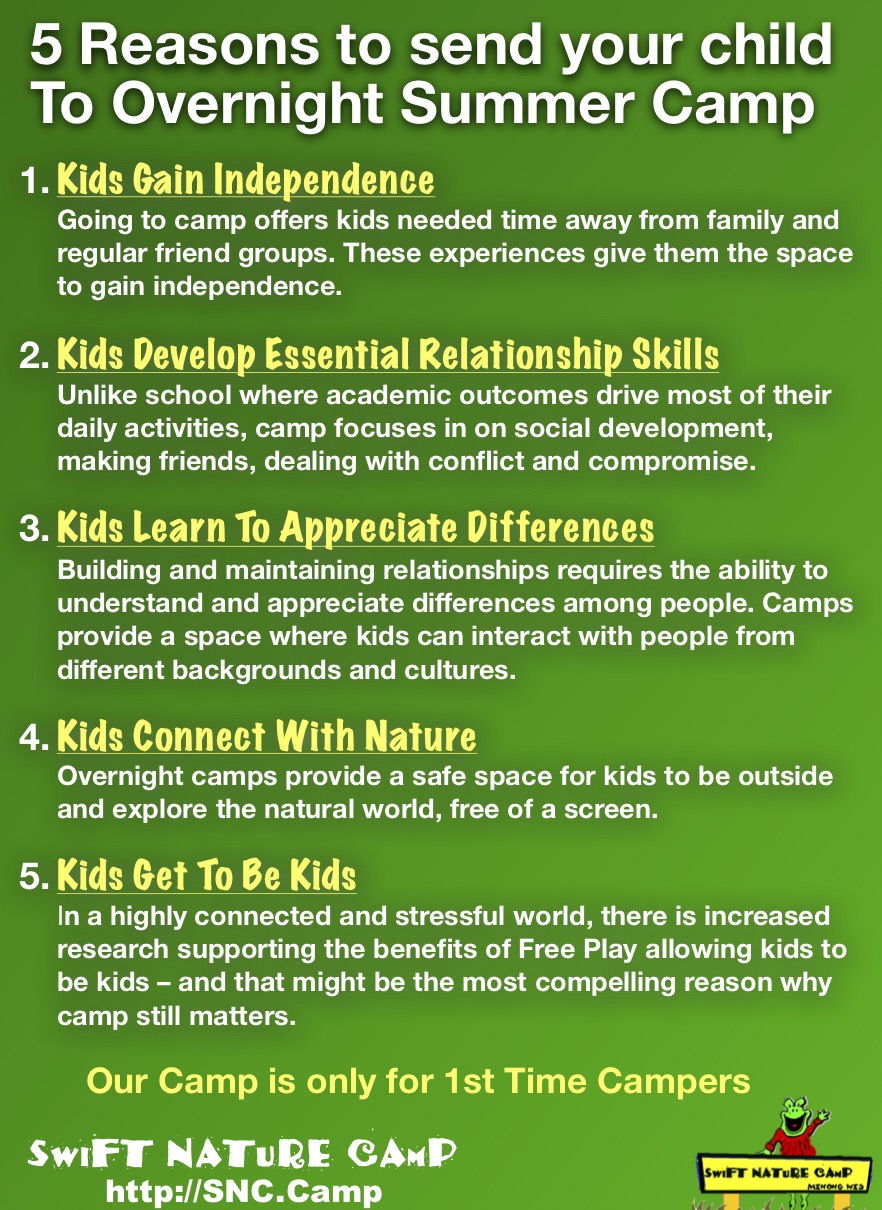Displaying items by tag: overnight summer camp
As parents we always want to try raise the best kids and often I wonder cano I raise a child that is successful and caring? The research seems to show they parents need to start by looking at the mixed messages we send.
The Battle Between Success and Compassion By Vicki Zakrzewski

Stockbyte
The complexity of care
Changing our view of care
Need more ideas on how to cultivate caring children?
Click here for a downloadable, reader-friendly list of research-based suggestions from Harvard's Making Caring Common Project.1. Start by reflecting on the care you give and receive in your life—or lack thereof—in order to bring to conscious awareness how much care impacts you. Examine how you care for yourself and how you and your loved ones—including your pets—care for each other. Then expand this view to include the care between you and a stranger on the street, the grocery clerk, and/or a difficult work colleague. Now broaden your view of care to examine care at a societal level, from business practices to childcare options to equity to gender roles to political systems.
Did you find yourself getting emotional at any point in this reflection? For example, did a situation that lacks care make you feel angry or scared or sad? If so, why? Kegan and Lahey state that underlying every challenging situation or behavior is an “emotional ecology” that we must explore in order to understand where our potential limitations lie, and their book outlines a very specific and in-depth process to do so. Only when these limitations that have been driving our actions without us realizing it are brought to conscious awareness can we start to change them.
And once you’ve identified these limiting behaviors, Kegan suggests that instead of trying to defend them, admit them with all “their embarrassing glory”. I would also recommend practicing self-compassion, realizing, as self-compassion expert Kristin Neff posits, that you’re not alone. All of humanity struggles with challenging internal constructs.
2. Ask yourself if there is enough at stake to warrant a change. According to Kegan and Lahey, the process of transformation at this depth can be very challenging, so we have to be sure that we’re willing to try. They have found that people are motivated to change for several reasons, including: if they don’t change, something or someone they love will be harmed; not reaching a goal has become impossible to live with; or there is “deep discrepancy” within themselves.
For instance, a teacher or parent who learns that at the root of a child’s anxiety and panic is the child’s belief that he or she is loved and accepted only when academically successful may be motivated to make some radical changes in his or her own behavior and beliefs.
3. Test out new ways of being. Once you have identified a core limitation, then Kegan and Lahey recommend trying another mode of behavior that acts against this limitation. For example, if you responded with anger to a bullying situation similar to the one described above—anger that was perhaps motivated by your own experience of being bullied—you might try acting compassionately towards the bully and see what happens. If you notice a positive change, then keep doing it.
The reward for all this inner work, according to Kegan and Lahey, is a release from the anxiety caused by the denial of our unconscious emotions, beliefs, and habits. “You [will be able to] scan the world,” write the authors, “for more promising possibilities and bring to your own living a deep restfulness that you may never before have known.”
By examining and shifting our beliefs and practices of care, we may find that our relationships with ourselves, our loved ones, our colleagues, strangers on the street, and perhaps the rest of the world are transformed into something we could never have imagined—and we may become more successful and happier as a result.
Martin Luther King, Jr. once said, “True compassion is more than flinging a coin to a begger; it comes to see that an edifice which produces beggars needs restructuring.” And I would add that part of that restructuring includes ourselves.
They say in America these days our kids are having less opportunities to be challenged in a positive way and therefore having a negative impact on them as adults.

Please read below and see how camp can help supplement your child's personal growth.
Competence
-
Helping children focus on individual strengths
-
Focusing any identified mistakes on specific incidents
-
Empowering children to make decisions
-
Being careful that your desire to protect your child doesn’t mistakenly send a message that you don’t think he or she is competent to handle things
-
Recognizing the competencies of siblings individually and avoiding comparisons
Confidence
- Focusing on the best in each child so that he or she can see that, as well
- Clearly expressing the best qualities, such as fairness, integrity, persistence, and kindness
- Recognizing when he or she has done well
- Praising honestly about specific achievements; not diffusing praise that may lack authenticity
- Not pushing the child to take on more than he or she can realistically handle
Connection
- Building a sense of physical safety and emotional security within your home
- Allowing the expression of all emotions, so that kids will feel comfortable reaching out during difficult times
- Addressing conflict openly in the family to resolve problems
- Creating a common area where the family can share time (not necessarily TV time)
- Fostering healthy relationships that will reinforce positive messages
Character
- Demonstrating how behaviors affect others
- Helping your child recognize himself or herself as a caring person
- Demonstrating the importance of community
- Encouraging the development of spirituality
- Avoiding racist or hateful statements or stereotypes
Contribution
-
Communicating to children that many people in the world do not have what they need
-
Stressing the importance of serving others by modeling generosity
-
Creating opportunities for each child to contribute in some specific way
Coping
-
Modeling positive coping strategies on a consistent basis
-
Guiding your child to develop positive and effective coping strategies
-
Realizing that telling him or her to stop the negative behavior will not be effective
-
Understanding that many risky behaviors are attempts to alleviate the stress and pain in kids’ daily lives
-
Not condemning your child for negative behaviors and, potentially, increasing his or her sense of shame
Control
-
Helping your child to understand that life’s events are not purely random and that most things that happen are the result of another individual’s choices and actions
-
Learning that discipline is about teaching, not punishing or controlling; using discipline to help your child to understand that his actions produce certain consequences
-
Children need to know that there is an adult in their life who believes in them and loves them unconditionally.
-
Kids will live “up” or “down” to our expectations.
Overview of Stress
- There will always be stress in our lives.
- Stress is an important tool that can aid in our survival.
- Our body’s reaction to stress is mediated through a complex interplay of sensory input—sights and sounds—as well as the brain and nervous system, hormones, and the body’s cells and organs.
- Emotions play an important role in how we experience stress because the brain is the conductor of this system. The way we think about stress and what we choose to do about it can affect the impact of a stressful event.










